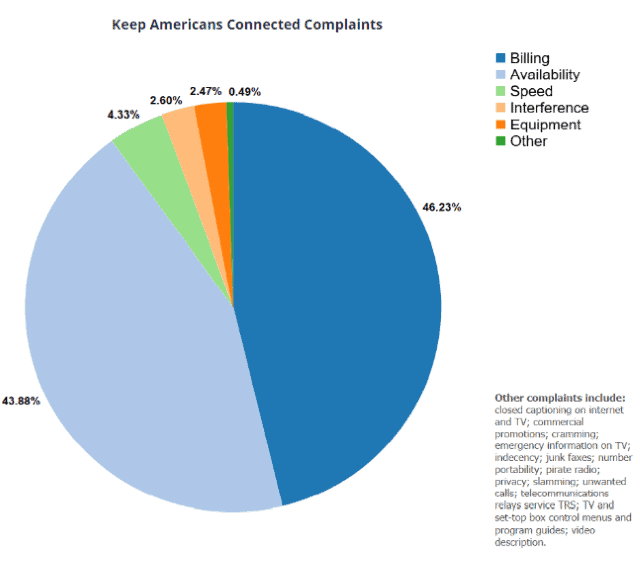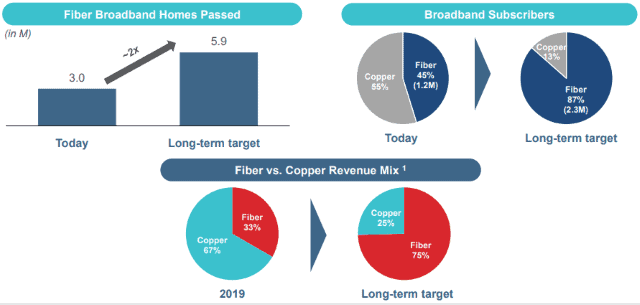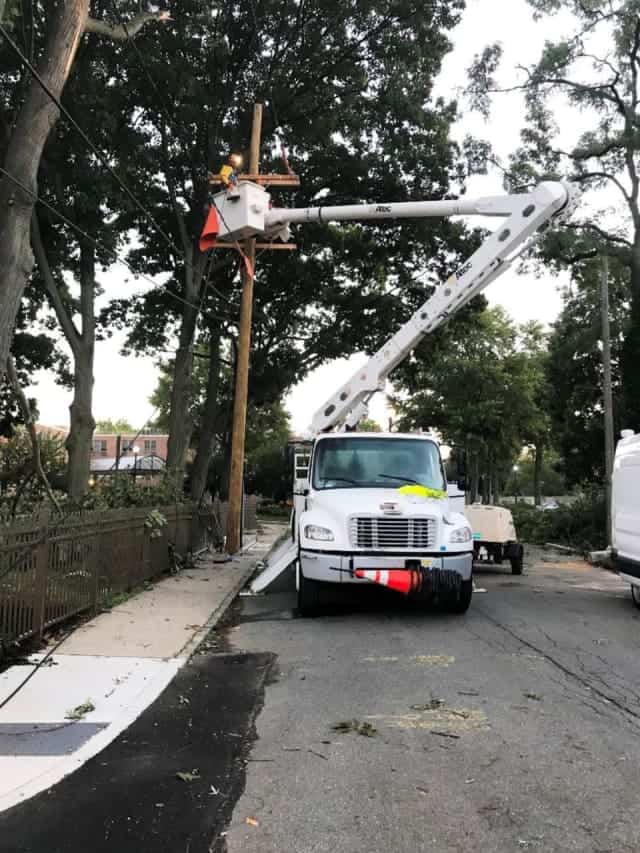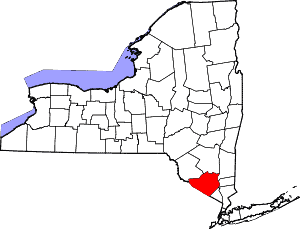
House Energy & Commerce Committee
Democrats serving on the House Energy & Commerce Committee today blasted the nation’s largest internet service providers for price increases and data caps placed on consumer broadband services at the height of a global pandemic, questioning the industry’s commitment to keeping Americans connected.
“Over the last ten months, internet service became even more essential as many Americans were forced to transition to remote work and online school. Broadband networks seem to have largely withstood these massive shifts in usage,” wrote Democratic Reps. Frank Pallone, Jr (N.J.), Mike Doyle (Penn.) and Jerry McNerney (Calif.). “Unfortunately, what cannot be overlooked or underestimated is the extent to which families without home internet service — particularly those with school-aged children at home — have been left out and left behind.”

Pallone
The congressmen questioned nine providers after reading media coverage of rate hikes and the implementation of data caps by Comcast and the potential for Charter Spectrum to impose data caps as early as May 2021.
“This is an egregious action at a time when households and small businesses across the country need high-speed, reliable broadband more than ever but are struggling to make ends meet,” the three Democrats wrote.
In March 2020, many cable and phone companies relaxed a number of restrictions on customers in response to the emerging COVID-19 pandemic. Many volunteered to suspend data cap overlimit fees, provide affordable broadband options to the economically disadvantaged, offer free months of service, open restricted Wi-Fi hotspots, and discontinue collection efforts or service disconnects on customers falling behind on bills.
Despite the pledge, consumers filed a significant number of complaints with the Federal Communications Commission alleging the companies broke their promises, by far most often for not following through on free service offers or continuing aggressive collections of past due bills and shutting off service.

Consumer complaints filed with the FCC regarding the “Keep America Connected” pledge, received from March-November 2020. (Source: FCC)
The Energy and Commerce Committee has now sent letters to the CEOs of many providers, seeking answers to these questions as part of ongoing oversight of the industry:
- Did the company participate in the FCC’s “Keep Americans Connected” pledge?
- Has the company increased prices for fixed or mobile consumer internet and fixed or phone service since the start of the pandemic, or do they plan to raise prices on such plans within the next six months?
- Prior to March 2020, did any of the company’s service plans impose a maximum data consumption threshold on its subscribers?
- Since March 2020, has the company modified or imposed any new maximum data consumption thresholds on service plans, or do they plan to do so within the next six months?
- Did the company stop disconnecting customers’ internet or telephone service due to their inability to pay during the pandemic?
- Does the company offer a plan designed for low-income households, or a plan established in March or later to help students and families with connectivity during the pandemic?
- Beyond service offerings for low-income customers, what steps is the company currently taking to assist individuals and families facing financial hardship due to circumstances related to COVID-19?
The full letters are available below:


 Subscribe
Subscribe

 In 2021, the company announced it had “planning and engineering” underway for unspecified fiber to the home service upgrades in copper service areas “in select regions.” But most of Frontier’s fiber upgrades will take place over the next decade. Specifically, Frontier plans to wire up to 2.9 million homes with fiber using a combination of its own money and subsidy funds provided by the FCC. Frontier’s new owners have signaled they will not go out on a limb to finance rapid fiber upgrades, and you better live in a state where fiber upgrades are being given priority.
In 2021, the company announced it had “planning and engineering” underway for unspecified fiber to the home service upgrades in copper service areas “in select regions.” But most of Frontier’s fiber upgrades will take place over the next decade. Specifically, Frontier plans to wire up to 2.9 million homes with fiber using a combination of its own money and subsidy funds provided by the FCC. Frontier’s new owners have signaled they will not go out on a limb to finance rapid fiber upgrades, and you better live in a state where fiber upgrades are being given priority.
 A tropical storm that swept up the east coast of the United States took out Frontier Communications’ landline network, its backups, and 911 service for residents of Orange and Sullivan Counties, N.Y. for 13 hours last night, requiring a response from local fire officials after Frontier’s backup equipment also failed.
A tropical storm that swept up the east coast of the United States took out Frontier Communications’ landline network, its backups, and 911 service for residents of Orange and Sullivan Counties, N.Y. for 13 hours last night, requiring a response from local fire officials after Frontier’s backup equipment also failed.
 “Suddenlink remains in last place and customers find its bills harder to understand than any other pay TV provider,” the ACSI annual report states. The company’s internet service saw a 5% drop in the ACSI ratings, the steepest decline of all providers. Customers point to increasing dissatisfaction with service outages, which have increased in frequency and length. Customers now have more reasons to contact customer service, a category where Suddenlink’s rating drops even further.
“Suddenlink remains in last place and customers find its bills harder to understand than any other pay TV provider,” the ACSI annual report states. The company’s internet service saw a 5% drop in the ACSI ratings, the steepest decline of all providers. Customers point to increasing dissatisfaction with service outages, which have increased in frequency and length. Customers now have more reasons to contact customer service, a category where Suddenlink’s rating drops even further.